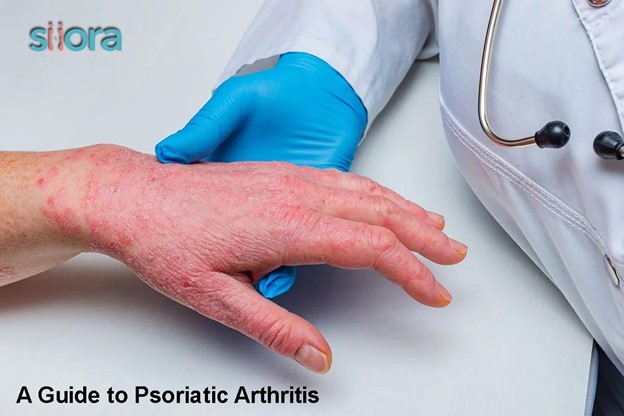A Guide to Psoriatic Arthritis
Arthritis is one of the commonest orthopedic conditions that mostly affect the elderly. This is because the most known cause of the condition is aging, and hence, people above 50 years of age are more prone to developing this condition. This doesn’t mean that youngers do not experience this, but the percentage is lower when compared to the elderly.
Arthritis is of many types, and they may have some different symptoms as well. Delayed or ignored treatment of the condition may make the situation worse and surgery might be required. Surgical intervention may also require Ortho Surgical Implants and Instruments.
This post will focus on one of the forms of arthritis known as psoriatic arthritis. Let us start with what it is.
Psoriatic Arthritis – An Overview
Psoriatic arthritis is an untreatable condition that is often seen in people with psoriasis. Psoriasis is a condition characterized by red patches on the skin with silvery scales on them. It can either occur years before the diagnosis of psoriasis or years after. This may vary from person to person.
Just like other forms, also affects the joints, but the symptoms may be slightly different. As also said above, psoriatic arthritis is an incurable condition and all the treatments tried to relieve the associated symptoms.
Symptoms of Psoriatic Arthritis
Psoriatic arthritis is a condition that can affect joints in both sides of our body whereas, the symptoms experienced may be similar to rheumatoid arthritis thus, it is important to identify the condition correctly to get the right treatment. Some of the common symptoms associated with the condition include:
- Swelling in finger and toes;
- Pain in the heels;
- Lower back pain;
- Tiny dents in the nails;
- Inflammation in the eye (Uveitis)
Causes of Psoriatic Arthritis
It occurs as a result of an attack of the body’s immune system on the healthy cells. This causes inflammation in the joints and the overproduction of skin cells. The reason for this condition may be genetic or other factors. Some of the risk factors of psoriatic arthritis include:
- Family history of psoriasis;
- Psoriasis;
- Aging (People between 30 and 55 are more prone.)
Complications Associated with the Condition
Though not common, some people with this condition may develop arthritis mutilans, a psoriatic arthritis condition which severe, painful, and disabling. As this condition progresses, permanent deformity and disability in the small bones of hands like fingers may occur. In some rare cases, hypertension, cardiovascular disease, diabetes, and metabolic syndrome may also occur.
Diagnosis of Psoriatic Arthritis
During the diagnosis of the condition, the healthcare service provider examines the joints for swelling & tenderness. Besides this, fingernails will also be examined for pitting and other abnormalities. Heels will be pressed to check tenderness.
After the physical examination, the healthcare service provider will also order imaging and pathological tests to confirm the condition. The tests ordered may include:
- X-ray;
- MRI;
- Rheumatoid factor;
- Joint fluid test.
Treatment
No complete cure for it is there, the treatment is required to improve the deadly symptoms associated with the condition. The type of treatment needed will depend upon the severity and location of psoriatic arthritis.
Disease-modifying anti-rheumatic drugs (DMARDs) are one of the commonest treatment methods. Non-operative treatment includes medications and physical & occupational therapies. The medicines prescribed may include:
- NSAIDs;
- Conventional DMARDs;
- Biologic Agents;
- Targeted synthetic DMARDs.
In some cases, steroid injections may also be applied to reduce inflammation. Severe cases of psoriatic arthritis may require joint replacement surgery.
Siora Surgicals Pvt. Ltd. is an experienced and one of the oldest orthopedic device manufacturers in India with a good global presence. The company specializes in producing different types of orthopedic implants and instruments, including artificial joints. Siora is also looking to become one of the reliable Orthopedic Equipment Suppliers in Germany.




















